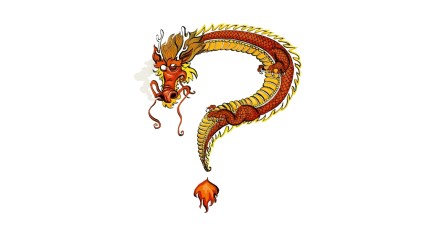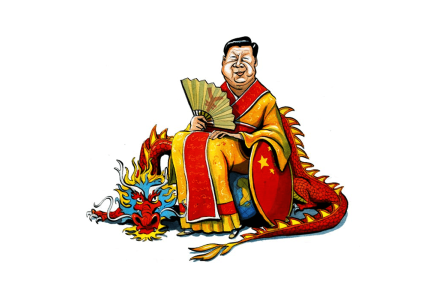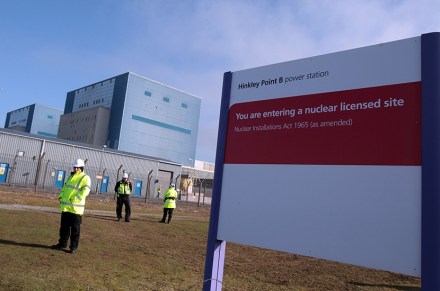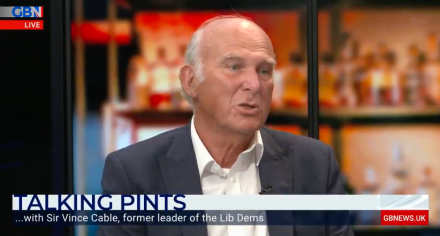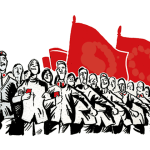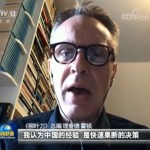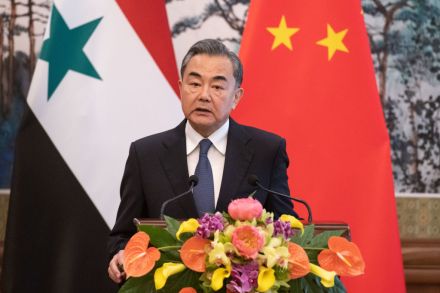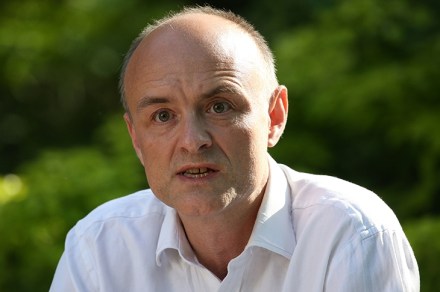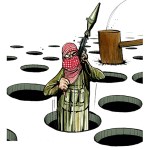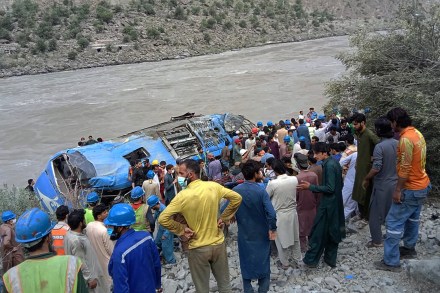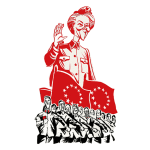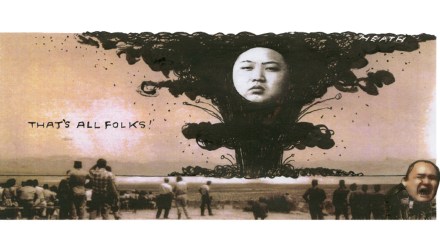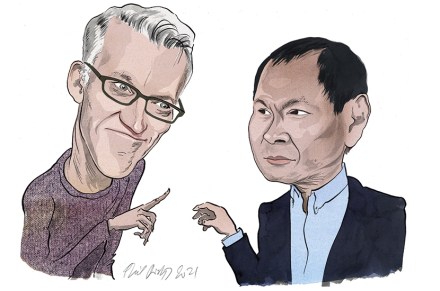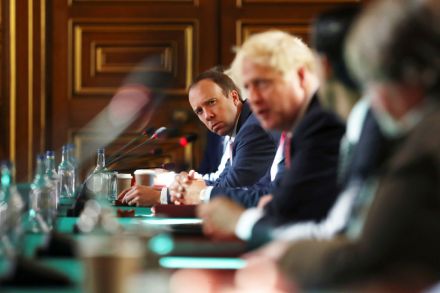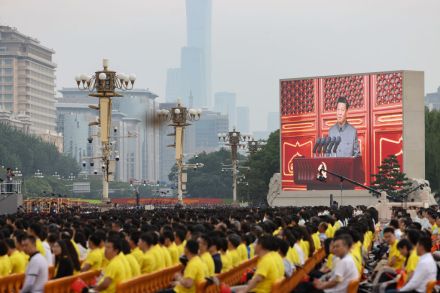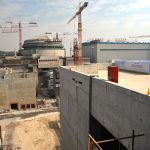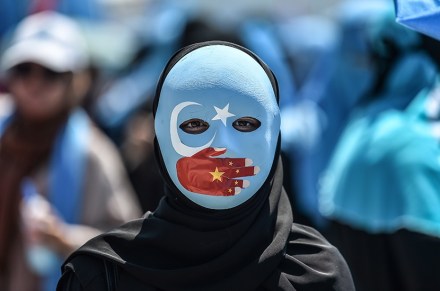The China challenge has no precedent
The US has never been more worried by the rise of China than it is today. In my Times column today, I mention a new book by Joe Biden’s China director on the National Security Council which sets out why ‘China now poses a challenge unlike any the US has ever faced’. Rush Doshi notes that American hegemony has been based, in considerable part, on its economic might. In the second world war, Germany and Japan combined did not reach 60 per cent of US GDP. Throughout the Cold War, the Soviet Union failed to hit this mark. Yet, China passed it seven years ago. The book sets out how China is attempting
